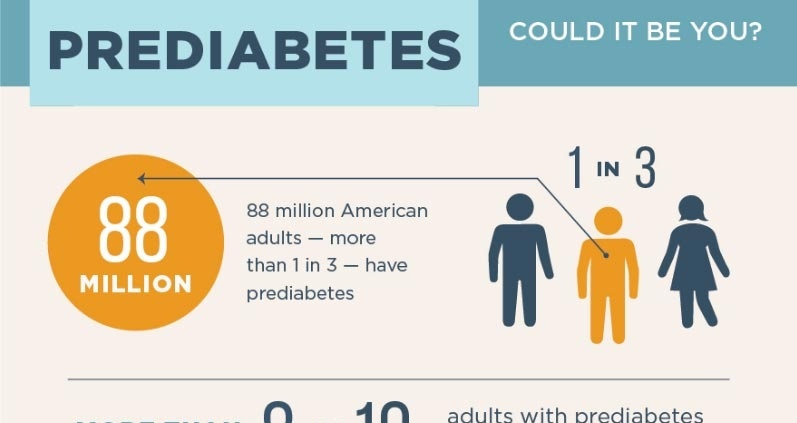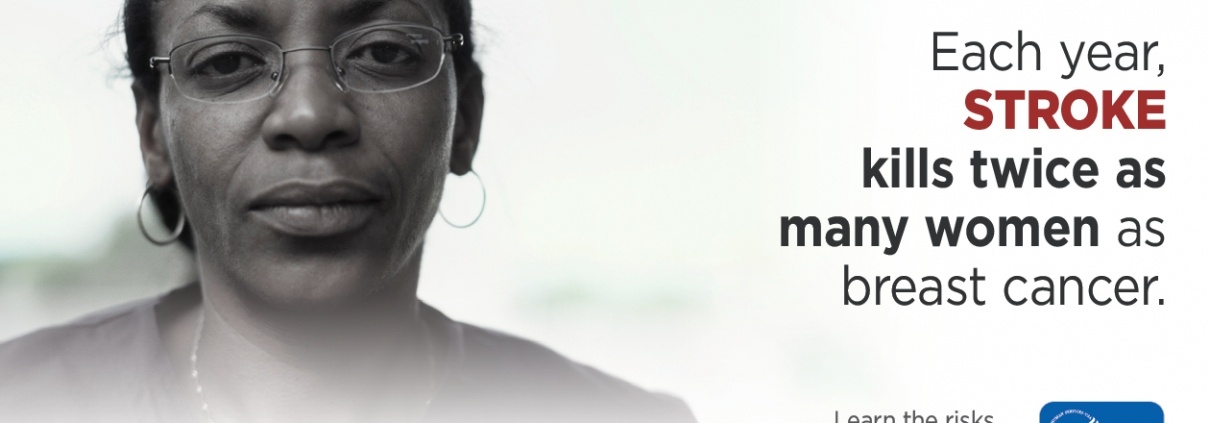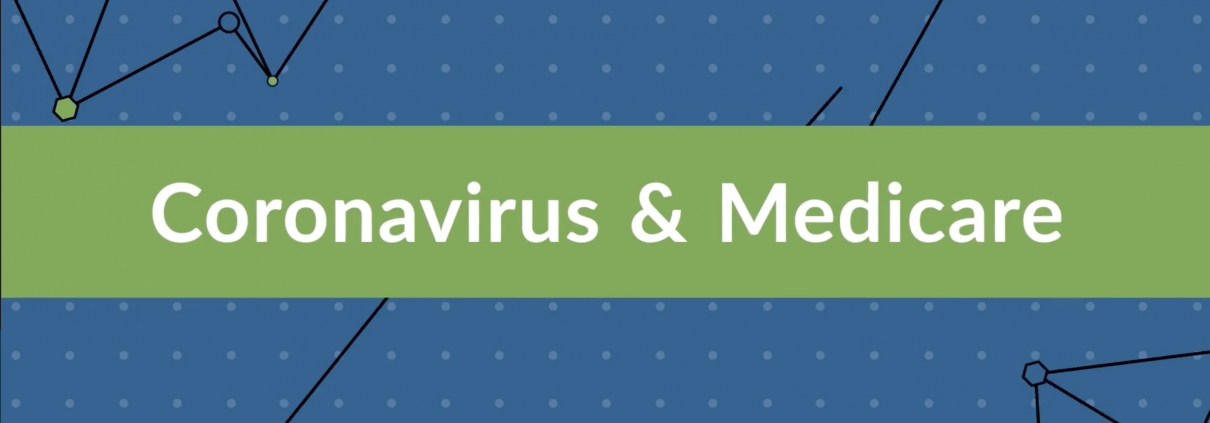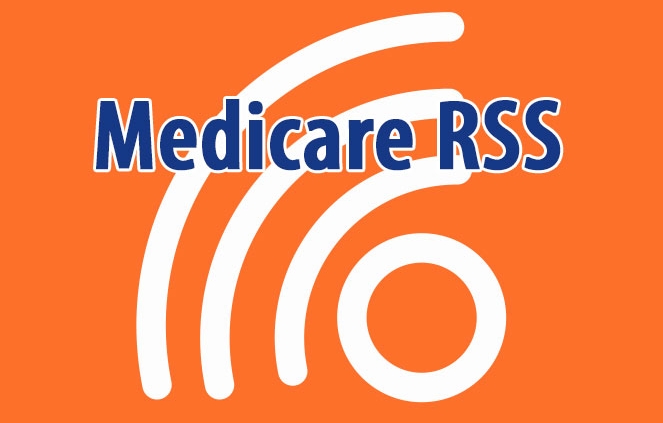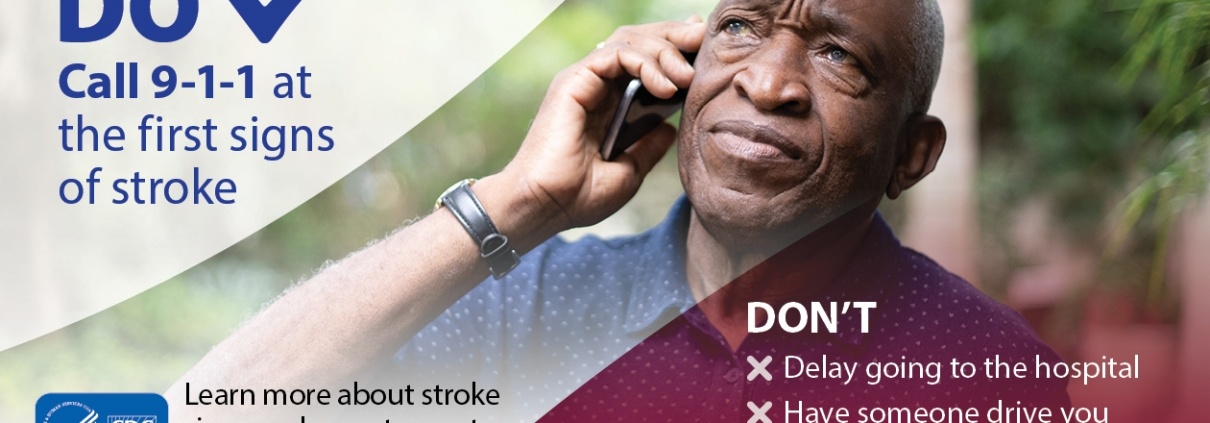Archive for year: 2021
Women & Strokes
Women & Strokes
Sign Up to Review Your Medicare Now
https://quotes.medigaplife.com/find-plans/
We explore more below of what the CDC says in regards to women and stroke.
What puts women at risk for stroke?
High blood pressure, also called hypertension, is a main risk factor for stroke. More than 2 in 5 women have blood pressure greater than or equal to 130/80 mmHg or are taking medicine to control their blood pressure. Only about 1 in 4 of those women have their blood pressure controlled to below 130/80 mmHg.
Stroke risk increases with age, and women live longer than men.
Women also have unique risk factors for stroke, including:
- Having high blood pressure during
- Using certain types of birth control medicines, especially if they also smoke. About 1 in 8 women smoke.
- Having higher rates of depression.
Why are African American women at higher risk for stroke?

Stroke is the third leading cause of death among African American women, and they are more likely to die from a stroke than non-Hispanic white women or Hispanics in the United States.2 African Americans have the highest rate of death due to stroke.
Almost half of African Americans have a risk factor that can lead to a stroke.
- More than 2 in 5 African American women are diagnosed high blood pressure (greater than or equal to 140/90 mm Hg), which is a much higher rate than white women have.
- African American women are diagnosed with higher rates of obesity (nearly 3 in 5) and diabetes (more than 1 in 8), conditions that increase the risk for stroke.
- Eating too much salt or sodium can raise your blood pressure, putting you at higher risk of stroke. Researchers think there may be a gene that makes African Americans more sensitive to the effects of salt, which in turn increases the risk of developing high blood pressure.
- Sickle cell disease, a common genetic disorder in African Americans, can lead to a stroke. About 1 in 365 black or African American babies are born with sickle cell disease.
- Smoking greatly increases stroke risk. About 1 in 7 black or African American women smoke.
Why are Hispanic women at risk for stroke?
Stroke is the third leading cause of death for Hispanic women.
- High blood pressure is one of the main risk factors for a stroke. About 1 in 4 Hispanic women have blood pressure above 140/90 mmHg, and nearly half of them do not have it under control.
- People with diabetes are at higher risk of stroke. More than 1 in 9 Hispanic women have diabetes—including many who don’t know they have the disease.11 Among adults of Hispanic origin, diabetes is most common in people of Mexican and Puerto Rican ancestry.
- Obesity increases the risk of stroke. About half of Hispanic women have obesity.
How can I prevent stroke?

High blood pressure is one of the main risk factors for a stroke. Measure your blood pressure regularly to help your health care team diagnose any health problems early.
Most strokes can be prevented by keeping medical conditions under control and making healthy lifestyle changes:
Know your ABCS of heart and brain health:
- Aspirin: Aspirin may help reduce your risk for stroke, but you should check with your doctor before taking aspirin, because it can make some types of stroke worse. Before taking aspirin, talk with your doctor about whether it is right for you.
- Blood pressure: Control your blood pressure with healthy lifestyle changes (see below) and take your blood pressure medicines as directed.
- Cholesterol: Manage your cholesterol with healthy lifestyle changes and take your medicine as directed.
- Smoking: Don’t start smoking.
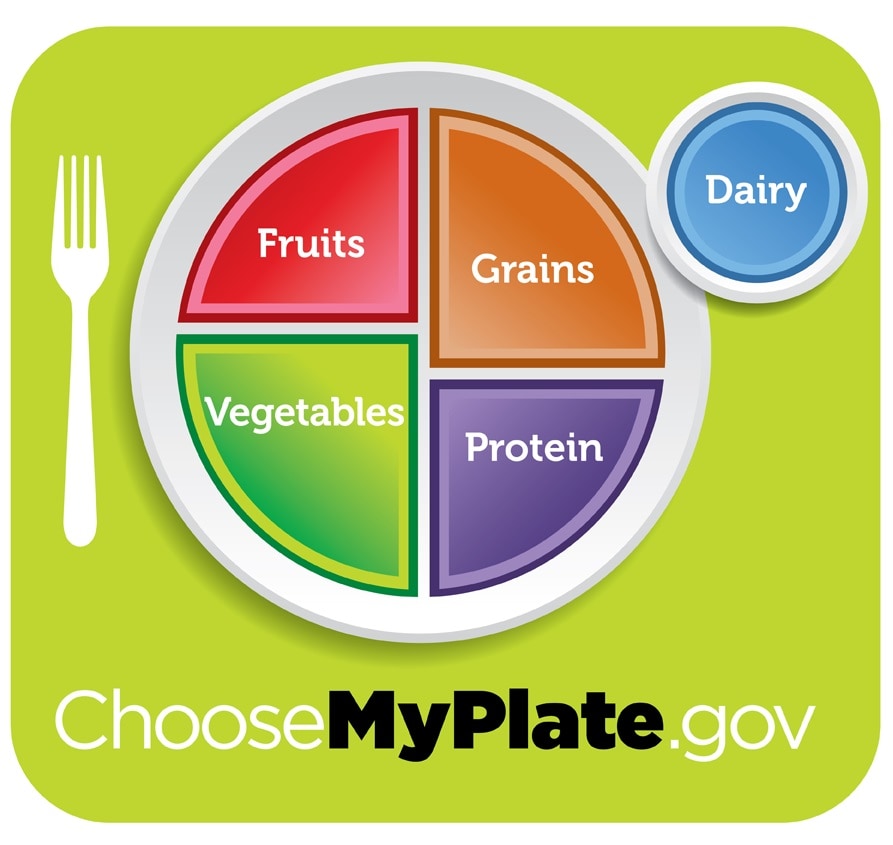
Get tips and ideas for healthy eating and make a personalized meal plan at from the U.S. Department of Agriculture.
Make lifestyle changes:
- Eat healthy: Choose healthy foods most of the time, including foods with less salt, or sodium, to lower your blood pressure, and that are rich in fiber and whole grains to manage your cholesterol.
- Get regular physical activity: Regular activity helps you reach and maintain a healthy weight and keeps your heart and blood vessels healthier.
Work with your health care team:
- Talk to your doctor about your chances of having a stroke, including your age and whether anyone in your family has had a stroke.
- Get other health conditions under control, such as diabetes or heart disease.
Taking Your Medicine for High Blood Pressure
Taking your medicines as directed can be confusing, but it’s an important way to help manage your blood pressure. This Million Hearts [tag] video has tips to help you stick to the ’script.
If you have high blood pressure, talk to a Licensed Insurance Agent about what plans cover for high blood pressure.
Diabetic & Dental Benefits – CDC Advice
If you’re diabetic, the CDC recommends that you get a dental exam once a year or more often if your dentist says you need it. At your exam, your dentist or dental hygienist can:
- Explain how diabetes affects your teeth and gums and check for problems, like cavities or gum disease.
- Treat any problems you have with your teeth or gums.
- Teach you how to check for signs of gum disease at home.
- Provide care, like a fluoride treatment, to keep your mouth healthy.
- Tell you how to treat problems, such as dry mouth.
- Work with your dentist to create a health plan for your teeth.
- Ask your dentist how to take care of your teeth at home and how often to come in for a dental visit.
- Ask what to do if you start having problems with your teeth or gums.
- Ask your dentist to send your exam results to your other doctors after every visit.
- Be sure to keep your next dentist appointment!
Take care of your teeth at home.- Brush with a soft-bristled toothbrush two times a day or more.
- Use toothpaste with fluoride and floss once a day.
- Check your mouth for red or swollen gums, bleeding gums, loose teeth, a change in how your bite feels, or bad breath.
- Visit a dentist if you think you have gum disease.
- Limit food and drinks that are high in sugar.
If you need more Medicare Advantage dental benefits click the link to Chat Now about your Medicare Plan 👤 https://m.me/Medigaplife?ref=url-btn or call 1-855-800-5265. We may be able to help.
#medigaplife #medicare #medicareadvantage #disability #partd #vision #dental #diabetic #dentist #benefits
CMS Will Pay for COVID-19 Booster Shots, Eligible Consumers Can Receive at No Cost
Following the Food and Drug Administration’s (FDA) recent action that authorized a booster dose of the Pfizer COVID-19 vaccine for certain high-risk populations and a recommendation from the Centers for Disease Control and Prevention (CDC), the Centers for Medicare & Medicaid Services (CMS) will continue to provide coverage for this critical protection from the virus, including booster doses, without cost sharing.
Get ready! Medicare’s Open Enrollment starts October 15.
You can enroll in Medicare health and drug plans from October 15 – December 7. Get ready for Medicare’s Open Enrollment with these 5 tips:
- Check your mail. You may get important notices from Medicare or Social Security. If you’re in a Medicare plan, you’ll get an Annual Notice of Changes (ANOC) telling you of any changes in coverage, costs, or service area. Note any 2022 changes to your health coverage or any Extra Help you may get to pay for prescription drugs.
You may also get brochures and other marketing materials from insurance companies that offer Medicare health and prescription drug plans. Remember — plans aren’t allowed to call or come to your home without an invitation from you. Find out how to protect yourself from Medicare fraud.
- Think about your Medicare coverage needs for 2022. Carefully review your current Medicare coverage, and note any upcoming changes to your costs or benefits. Decide if your current Medicare coverage will meet your needs for the year ahead. If you like your current coverage, and it’s still available for 2022, you don’t need to take any action to keep it.
- Review your 2022 “Medicare & You” handbook. It has information about Medicare coverage and Medicare plans in your area. If you want to get your handbook electronically, you can go paperless by logging into (or creating) your secure Medicare account.
- Preview 2022 health and prescription drug plans. We make it easy to compare coverage options and shop for health plans. For a personalized search, log in or create an account (if you have a Medicare Number) to create or access a list of your drugs, compare your current Medicare plan to others, and see prices based on any help you get with drug costs.
- Get personalized help in your community. You may be able to find free information and events online, or get help from health insurance counselors in your area by phone, like your State Health Insurance Assistance Program.
Visit Medicare.gov to sign up to get important news & updates by email from Medicare.
Social Security Expands Compassionate Allowances Program for the Disabled
Kilolo Kijakazi, Acting Commissioner of Social Security, announced 12 new Compassionate Allowances conditions for the Disabled
Men and Stroke – Advice and Tips From the CDC
Stroke is a leading cause of death in men, killing almost the same number of men each year as prostate cancer and Alzheimer’s disease combined.1 Stroke is also a leading cause of long-term disability,2 and men under age 44 are hospitalized for ischemic stroke at a higher rate than women in the same age group.
Guard your card: How to protect your Medicare card
Protect yourself by protecting your Medicare card!
The next Medicare Open Enrollment Period (October 15 – December 7) is coming fast, which means con artists may try to steal your identity and commit Medicare fraud. Medicare has taken actions to make Medicare cards safer by replacing Social Security Numbers with more secure ID numbers. But even with those efforts, fraudsters may still try to take advantage of you during Open Enrollment.
Medicare fraud results in higher health care costs for taxpayers just like you. That’s why it’s so important to know how to protect your Medicare card and Number.
What can you do to protect yourself and prevent Medicare fraud?
The most important thing you can do is guard your Medicare card like it’s a credit card. Don’t give your Medicare card or Number to anyone except your doctor or people you know should have it.
You can also:
- Keep your Medicare Number to yourself. If you get a call from people promising you things if you give them your Medicare Number — don’t do it. This is a common Medicare scam.
- Refuse any offer of money or gifts for free medical care. A common ploy of identity thieves is to say they can send you your free gift right away — they just need your Medicare Number.
- Use a calendar to record all of your doctors’ appointments and any tests you get. When you check your Medicare statements, look out for any items and services listed and other details that don’t look correct. If you see a charge or service that you think is incorrect and you know the provider, call their office and ask about it.
- Learn how a Medicare plan works before you join.
- Stay alert for fraud during the coronavirus disease 2019 (or COVID-19) national emergency. Con artists like to take advantage of people when they’re distracted.
Committing Medicare fraud is illegal & you should report it
If you suspect fraud, call 1-800-MEDICARE (1-800-633-4227). TTY users can call 1-877-486-2048. If you’re in a Medicare Advantage Plan or Medicare drug plan, call the Medicare Drug Integrity Contractor (MEDIC) at 1-877-7SAFERX (1-877-772-3379).
Learn how to protect yourself from health care fraud. Visit Medicare.gov/fraud for more information on how to help fight Medicare fraud.
Prevention is key—protect yourself with vaccines
More than 79% of people 65 and over are fully vaccinated for COVID-19—but are you defending yourself from other life-threatening illnesses, like pneumonia and the flu? Getting vaccinated is a simple, safe, and effective way to protect yourself.
According to the CDC, “vaccines greatly reduce the risk of infection by working with the body’s natural defenses to safely develop immunity to disease.” They strengthen your immune system and train it to create antibodies, like it does when it’s exposed to a disease.
Medicare covers a variety of vaccinations, including:
- COVID-19 vaccine—helps protect against Coronavirus disease 2019
- Flu shot—helps prevent the influenza virus
- Hepatitis B shots—helps protects against the Hepatitis B Virus
- Pneumococcal shots —helps protect against pneumococcal disease and its potentially serious complications, including infections like pneumonia and meningitis
- Shingles shot—helps protect against reactivation of the varicella-zoster virus (VZV), the same virus that causes varicella (chickenpox)
- Tdap shots—helps protect against tetanus, diphtheria, and pertussis (“whooping cough”)
Also, you no longer need to wait 14 days between different vaccines. According to the CDC, you can get a COVID-19 vaccine and other vaccines, including flu and shingles, at the same visit.
Adults need to keep their vaccinations up to date because immunity from childhood vaccines can wear off over time. Talk to your doctor to help you decide which vaccines are right for you.

